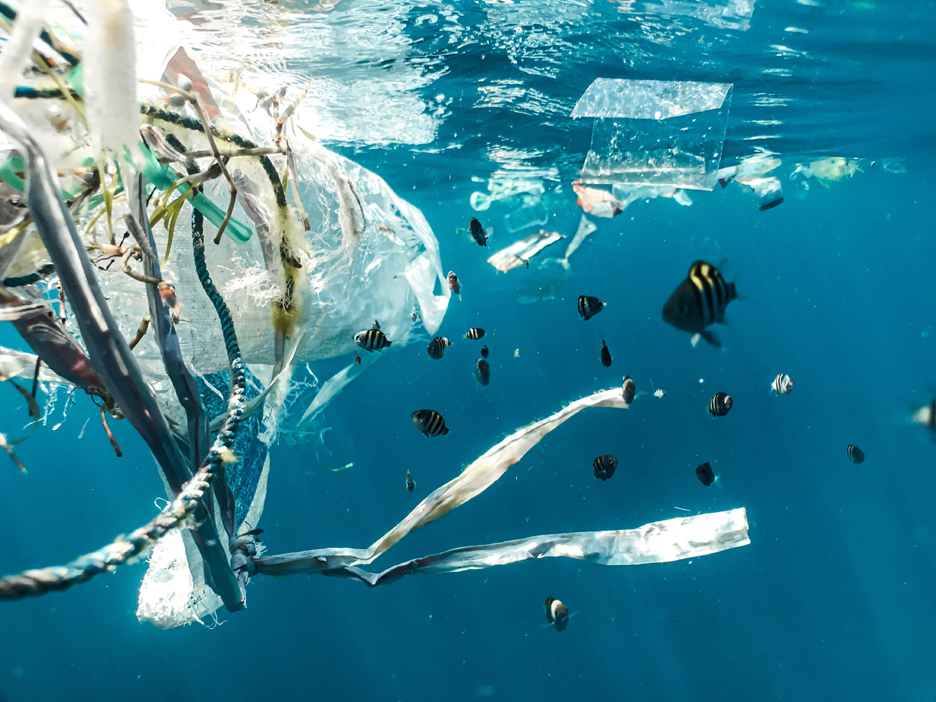Forgo plastic bags on July 3 to protect the environment

by Eduardo de la Garza
Plastic bags, the first of which that were created in 1933 in Northwich, England. They were manufactured out of convenience and by 1965, Celloplast, a Swedish company marketed them as a better alternative to cloth and paper bags. The only problem was that these plastic bags made out of polyethylene made their way to landfills and contributed to the deaths of marine animals.
Think of the number of times you’ve come home with plastic bags. You may try to put them in receptacles for future use, but eventually, those receptacles become overrun with hundred of bags you’ll never find future use for. Before long, those plastic bags end up in the trash.
On July 3, you can join the initiative to eliminate the use of plastic bags, even if just for a day. And turn to social media and use the hashtag #PlasticBagFreeDay. In 2002, Bangladesh became the first country to ban the use of single-uses plastic bags. Since then, San Francisco, Los Angeles, Portland, Mexico City, and Leaf Rapids, Manitoba have banned the use of plastic bags. Hawaii, North Carolina, Italy, China, many countries in Africa, and some states in Australia, India and 127 other countries have implemented some types of regulations.
If landfills are already filled with plastic bags, what can one day of not using bags do? It’s as simple as starting a new habit. Many stores such as HEB sell cloth bags for you to put y—our groceries in. And yes, they come with handles.
By taking the initiative, you help eliminate plastic bags becoming microplastics. Plastic bags also take between 100 and 1000 years to degrade. Fossil fuels are required to make the 100 billion plastic bags Americans use every year. In fact, 12 million barrels of oil are required to meet those needs. Eliminating plastic bag use could reverse the startling fact that by 2050, the ocean could contain more plastic than fish.
If you must use plastic bags, be one of the god ones and take them to a recycling center. Eighty-seven percent of plastic bags never see the inside of a recycling center.
Nationaldaycalendar.com/international-plastic-bag-free-day-july-3 suggests these activities: Commit to cutting down on the use of plastic bags; Save your plastic bags and take them to a recycling center; Use reusable bags for shopping; Educate others on the adverse effects plastic bags have on the environment; Learn about how plastic bags can harm animals; Encourage your community to reduce its reliance on plastic bags; and Watch a documentary on single-use plastics, such as A Plastic Ocean or Bag It.
However you choose to commemorate Plastic Bag Free Day, know that any behavioral change helps. Cloth bags work just as well as plastic bags — and they don’t hurt wildlife.